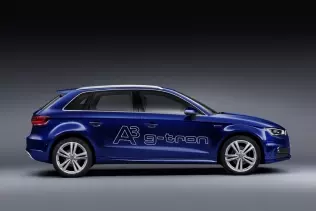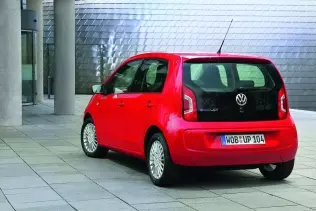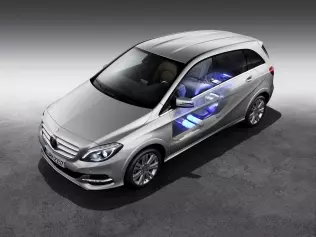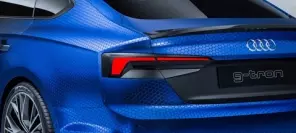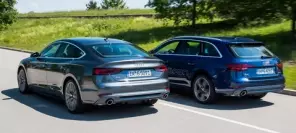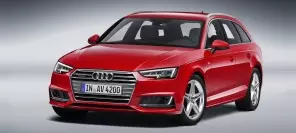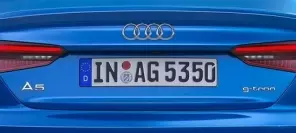- Main page
- Search
- Up to date
- Products
- Technology
- Vehicles
- Video
- Conversion Payback Simulator
Port Injection - Conversion Payback Simulator
Direct Injection - Conversion Payback Simulator
Diesel - Newsletter
Germans are growing strong
 loading results...
loading results...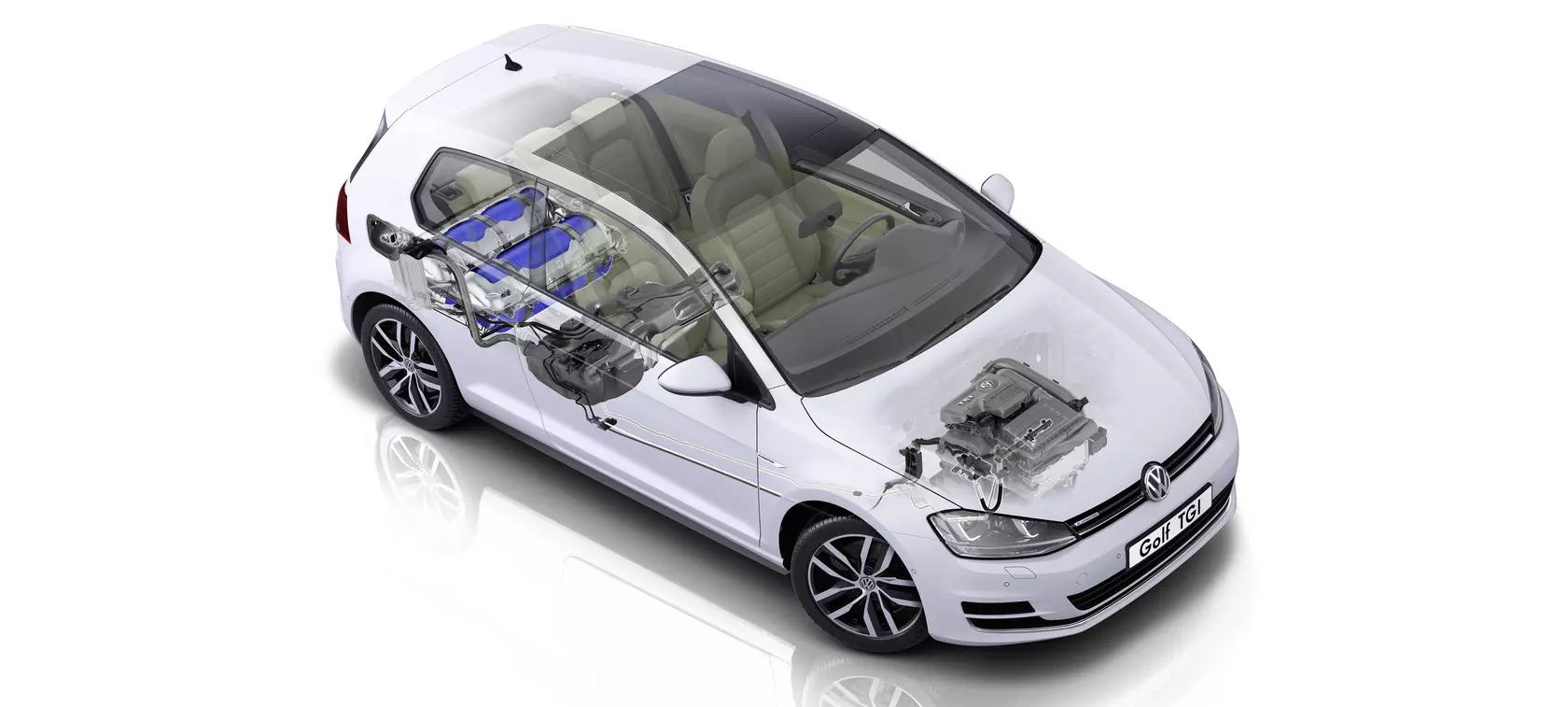 © Volkswagen
© Volkswagen 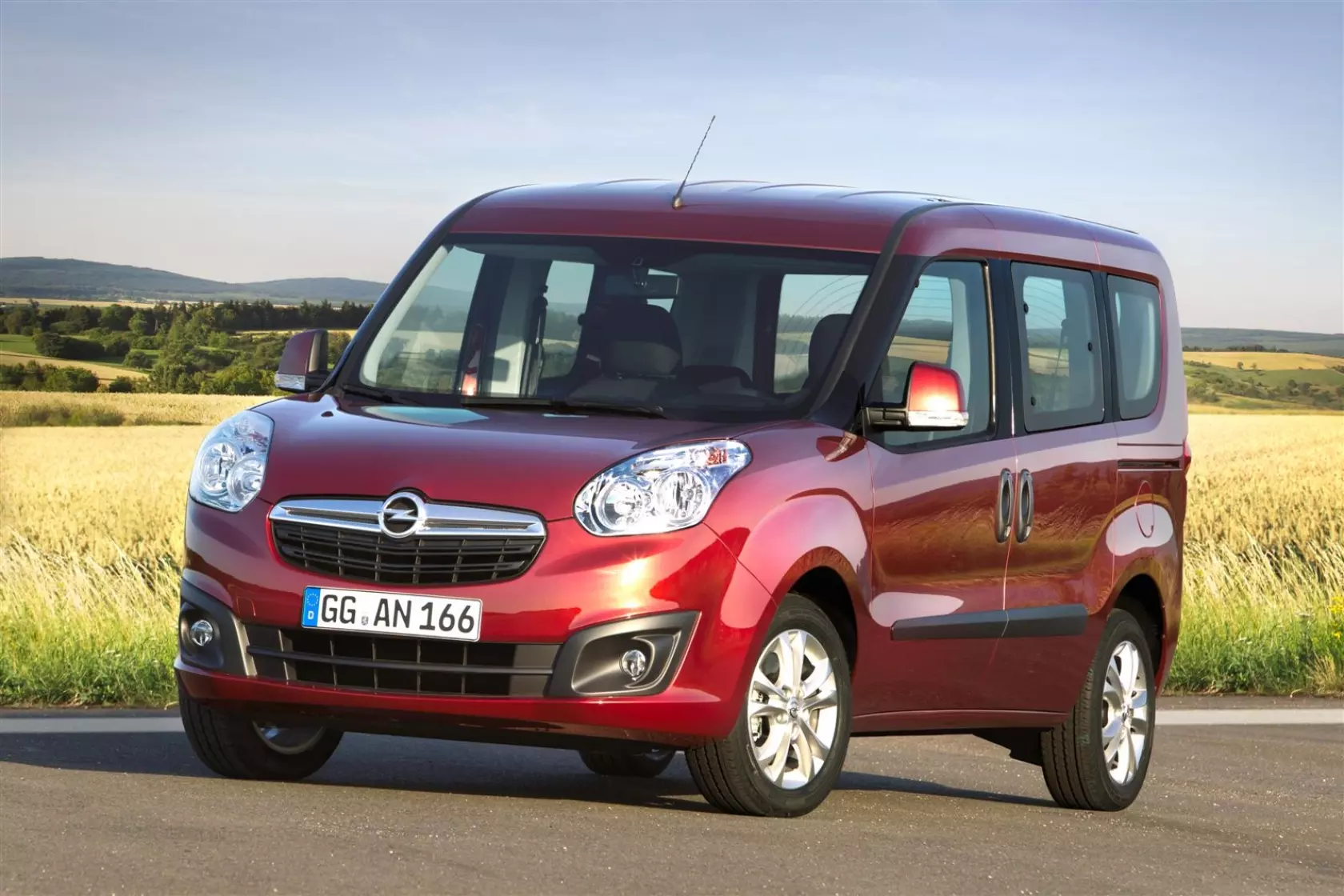 Thanks to badge engineering, an Italian NGV has become a German NGV
Thanks to badge engineering, an Italian NGV has become a German NGV 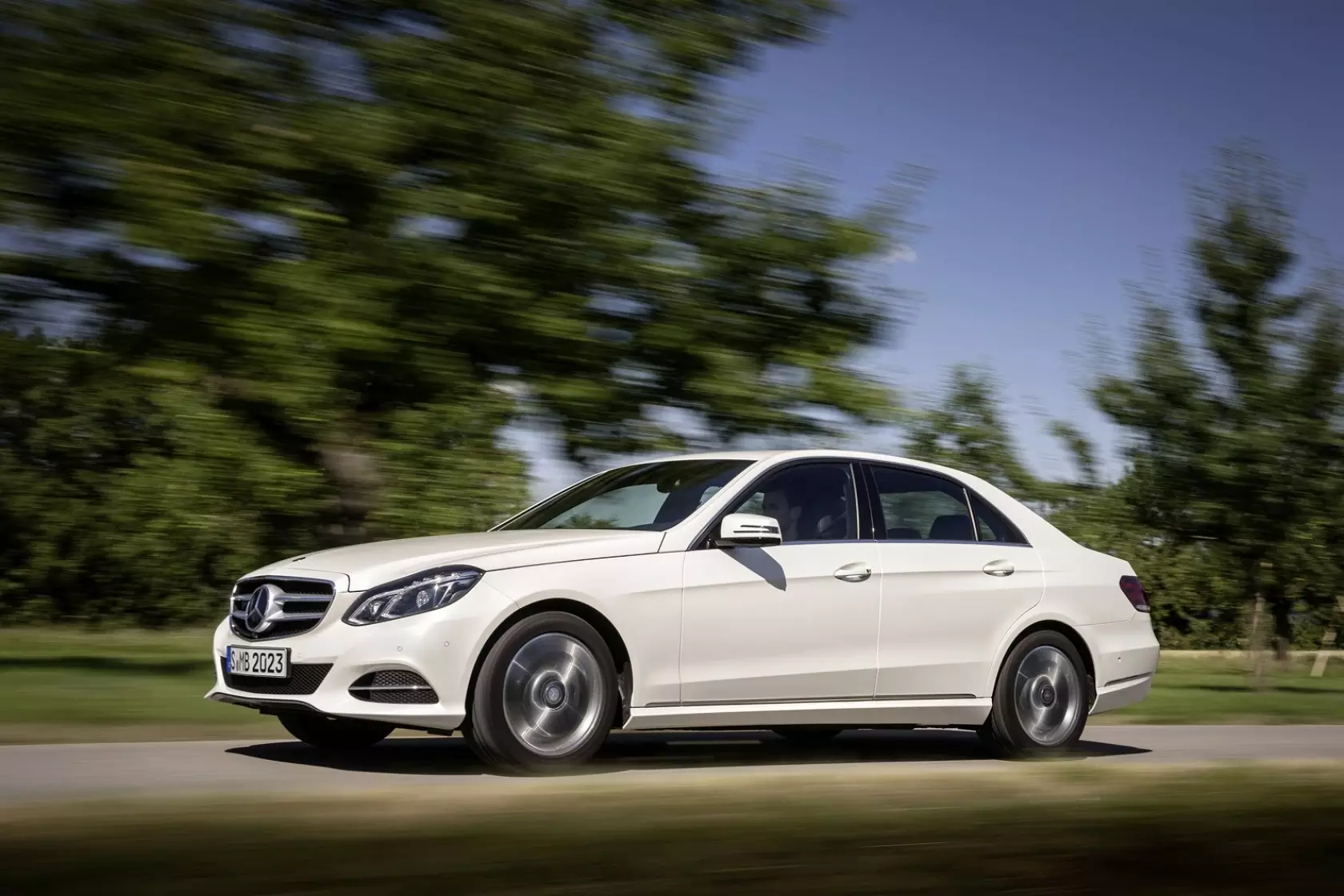 In a class dominated by diesels, the E Class NGD is a breeze of change
In a class dominated by diesels, the E Class NGD is a breeze of change 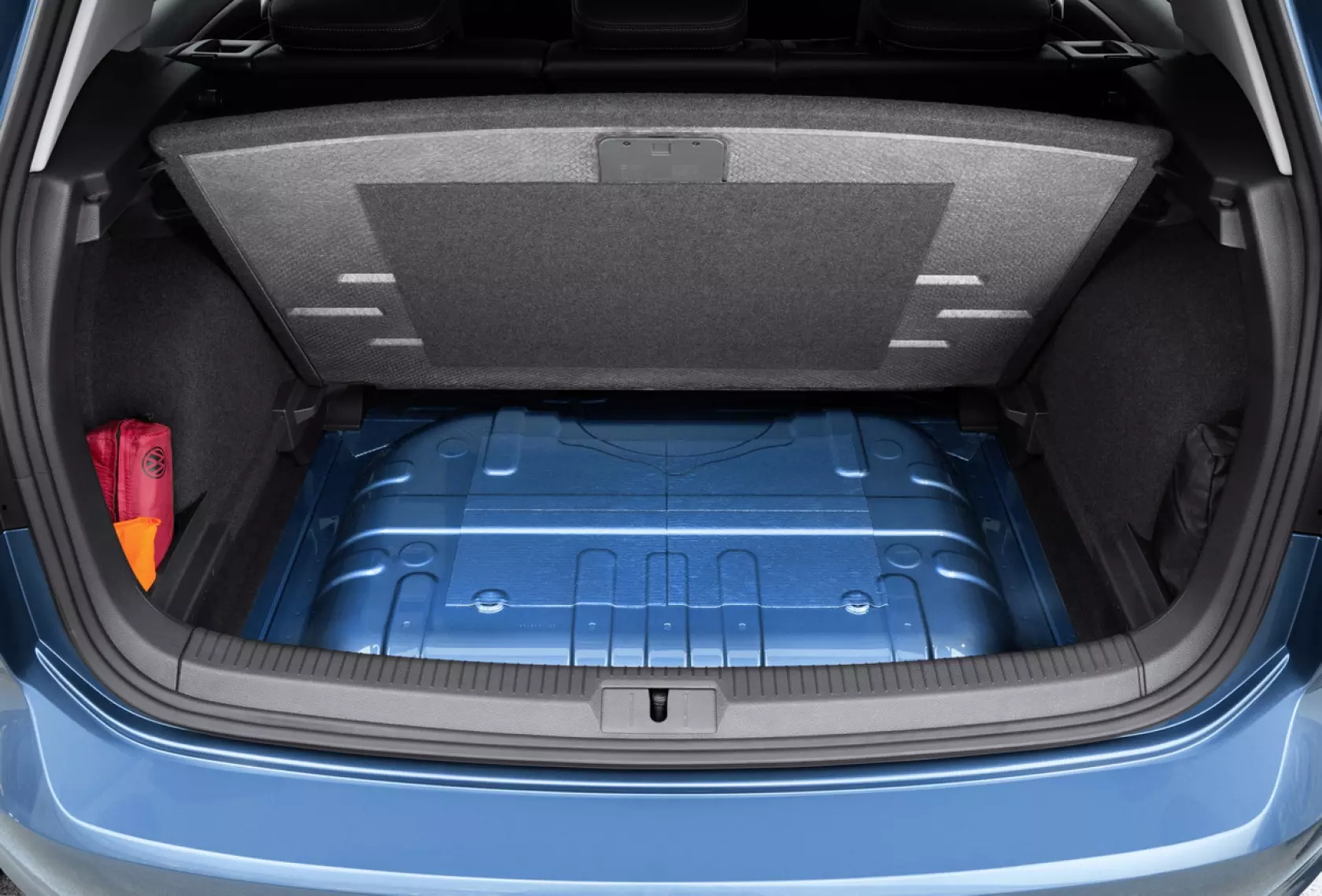 The Golf TGI BlueMotion, just like its Audi-, Seat- and Skoda-badged siblings, has no spare wheel as there are CNG tanks underneath the boot. Actually, this is common practice
The Golf TGI BlueMotion, just like its Audi-, Seat- and Skoda-badged siblings, has no spare wheel as there are CNG tanks underneath the boot. Actually, this is common practice 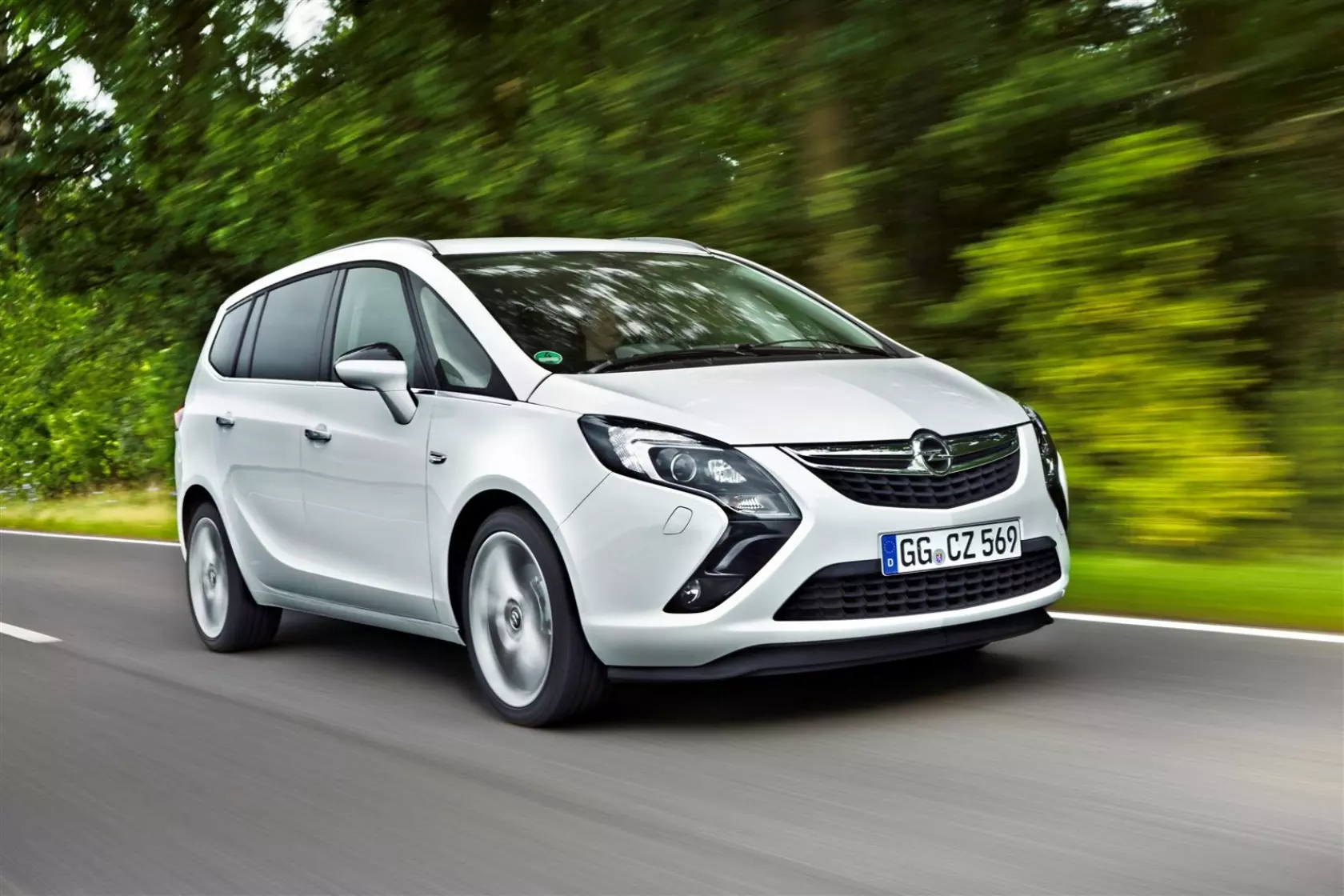 The Zafira Tourer CNG offers one of the cheapest ways to transport 7 people
The Zafira Tourer CNG offers one of the cheapest ways to transport 7 people 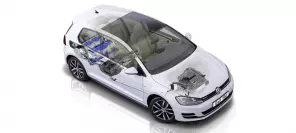




Just to be precise and exact: it's the Volkswagen Group who's growing strong rapidly and the only other German warriors on the battlefield – Opel and Mercedes – just try to be consistent and do their job without trying to prove anybody anything. The VW-related brands are quite aggresive, however, and charge with an array of new CNG-powered models, no doubt aided by the fact that their cars are pretty much unified underneath – VW's new generation of versatile floorpans means tens of new cars, ranging from compacts to SUV's, can be built relatively quickly and cheaply.
First up in the alphabet of German CNG-powered cars is the Audi A3 Sportback g-tron with its 110 PS 1,4-litre TSI engine. It's for this particular model that the Ingolstadt company started producing the outstandingly environment-friendly synthetic methane (called e-gas), which cannot be actually bought directly from CNG fuel stations (and there are 920 of them in Germany, including 840 public ones), but which is fed into the general natural gas grid in quantities corresponding to what drivers buy when refueling. And so there may be CO2 coming from the tailpipe, but the e-gas production process levels it on a well-to-wheel basis, thus making the A3 g-tron almost as green as an EV.
Right on the other end of the alphabetical order range is the "ubercompact” and A3's technological twin – the Volkswagen Golf TGI BlueMotion, offered as either hatchback or estate. There's no point in pouring words over it as it features a drivetrain identical to that of the A3 and the only significant difference is that no synthetic fuel is produced for it. However, Volkswagen has a couple of aces up its sleeve, i. e. the eco Up! (featuring a 1-litre MPI engine churning out 68 PS), the Touran TGI BlueMotion (with the 1,4 TSI unit known from the A3 and the Golf) and the EcoFuel range, comprising Caddy and Transporter (and, until recently, also the Passat) featuring 2-litre MPI engines. As it can and should be expected, the Wolfsburg brand won't stop there – a CNG-powered version will probably soon enhance the new Passat's line-up, and once the new Polo debuts (most likely in 2015), it too (along with Skoda Fabia and Seat Ibiza) will gain a CNG option. Obviously, the newcomers will all feature TSI engines only.
Things are entirely different for Mercedses and Opel. The former has been offering CNG variants of the B Class and the E Class models for quite a while now (now sporting the NGD moniker, which stands for natural gas drive) and there are no visible signs of any changes coming (unless the once abandoned idea of a methane-powered Smart ForFour is revived). Opel treads a similar path by developing successive generations of the Zafira running on CNG and by cooperating with Fiat, which results in offering the Combo CNG, essentially a rebadged Fiat Doblò. Opel is strongly into LPG autogas (currently offering 7 models running on that fuels), so there are no plans to expand the NGV range.
And that's pretty much it. The line-up of available models is definitely below breathtaking, but the VW Group's activity will sooner or later motivate the competitors to make a move. After all, it's becoming impossible to ignore the more and more often voiced signals and opinions, according to which within a few years methane will be what oil is today.
You may also find these interesting:
 loading results...
loading results...
